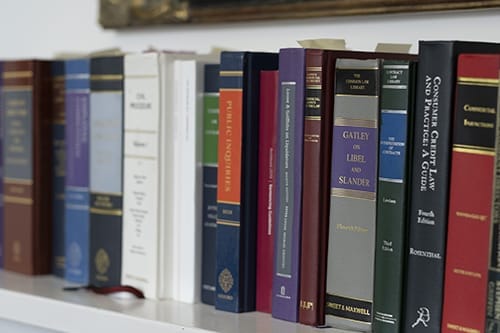As the conflict in Ukraine has developed, so too has the package of sanctions imposed upon Russian entities and individuals by the UK, Europe, the US, and many other governments across the world. The need to stay abreast of the legal situation across jurisdictions is critical.
Timeline of events
On 22nd February 2022 the UK’s first tranche of sanctions were announced, freezing the assets of five Russian banks and several ‘oligarchs’, and preventing them from doing business in the UK. On 24th February as the Russian invasion began, VTB Bank and several other organisations became subject to restrictions, and a General Licence was issued for entities party to transactions with VTB Bank or VTB Capital plc. to wind down/close out their positions.
25th February saw an asset freeze imposed on Vladimir Putin and Sergei Lavrov. This was swiftly followed, on 28th February, with three more Russian banks (VEB RF, Bank Otkritie Financial Corporation PJSC, and PJSC Sovcombank) having their funds frozen until such times as a license is permitted by the UK government.
On 1st March 2022 general licenses were granted permitting VTB Capital and its UK subsidiaries to make payments, including for basic needs, reasonable fees or service charges arising from routine holding and maintenance of its frozen funds and economic resources, and for reasonable professional legal fees. These also granted permission for relevant financial authorities (such as the FCA, PRA and Bank of England) to do anything with regard to VTB Capital and its UK subsidiaries, related to prudential supervision or protecting, maintaining or enhancing the financial stability of the UK.
It is important to note that the general licenses do not authorise any action or activity which the person carrying out the act knows or has reasonable grounds for suspecting will result in funds or economic resources being dealt with or made available in breach of the Russia (Sanctions) (EU Exit) Regulations 2019, save for the specific permissions mentioned above. The OFSI has issued three general licenses to permit certain transactions in order to wind down business with VTB, Bank Otkritie, Promsvyazbank, Bank Rossiya, Sovcombank, VEB and Novikombank (and their subsidiaries).
On 8th March 2022, the UK imposed new sanctions targeting the provision of insurance and reinsurance services relating to Russian aviation and technology.
As of 10th March, the UK sanctions list covered more than 500 of Russia’s most significant and high-value individuals, entities, and subsidiaries, effectively shutting out huge sectors of the Russian Economy.
Seven Russian financial institutions (Bank Otkritie, Novikombank, Promsvyazbank, Rossiya Bank, Sovcombank, Vnesheconombank (VEB), and VTB Bank) were removed from the SWIFT international payments network on 12th March. The UK additionally imposed asset freezes on a number of Russian banks, as well as extending the scope of sanctions to apply a wide range of restrictive measures on the dealings of the Central Bank of Russia. The UK also put in place additional restrictions on new debt and new equity dealings for a number of Russian banks and entities.
The long-awaited Economic Crime (Transparency and Enforcement) Act received Royal Assent on 15th March following an expedited passage through Parliament. The new legislation significantly simplifies the process for imposing sanctions, identifying, and tracing illicit wealth, and preventing ‘oligarchs’ from seeking damages.
31st March, the Government announced 14 new sanctions against Russian propogandists and state media. The UK has now sanctioned more than 1,000 individuals and businesses.
How does the sanctions regime operate?
In simple terms, sanctions are measures aimed at imposing restrictions on dealing with specified individuals or entities. In the UK (post-Brexit) the key legal instrument through which sanctions are imposed is the 2018 Act, which allows the UK government to make sanctions regulations where it considers that it is appropriate to do so. The new sanctions are aimed at encouraging Russia to cease actions destabilising, undermining, or threatening the territorial integrity, sovereignty, or independence of Ukraine.
The UK has imposed the broadest range of sanctions against Russian entities and individuals including:
- Trade sanctions – the import, export, transfer, movement, making available or acquisition of goods and services
- Financial sanctions – restrictions on designated persons, including the freezing of assets, as well as wider restrictions on investment and financial services.
- Immigration sanctions, known as travel bans
- Aircraft and shipping sanctions, restrictions on the ownership, registration or movement of ships and aircraft. This can include restrictions on movements to and from ports, harbours and airports, and the detention of ships and aircraft.
Any companies found to have contravened sanctions could face severe penalties for non-compliance, including criminal prosecution and significant fines imposed by the Office of Financial Sanctions Implementation (OFSI), as well as reputational damage.
General Licenses may be issued to allow for certain activities that sanctions restrictions would otherwise prohibit. The OFSI can help you understand your financial sanctions obligations, monitors compliance and assesses suspected breaches.
What does this mean in terms of legal representation?
Considering the very fast-moving situation in Ukraine, and the rapidly evolving sanctions landscape, Leverets is continually reviewing our policies to ensure we comply with the current Russian sanctions legislation, including carrying out regular and appropriate checks of sanctions lists and ensuring that we are not doing business with or acting for listed individuals or entities without a license. We must also report to the OFSI if we suspect that a client of our firm is a designated person as part of our duty to safeguard the UK and protect the reputation of the legal services industry.
We are likewise advising all our clients to review their policies and procedures and undertake risk assessments to guide their interactions with new and existing customers – both individuals and entities – who already fall within the categories that the UK government has the power to designate, as well as those who could potentially fall within categories should the government decide to expand it sanction designations in the coming days and weeks.
Please get in touch if you would like to discuss the legal impact and practical consequences of these sanctions on your operations.






